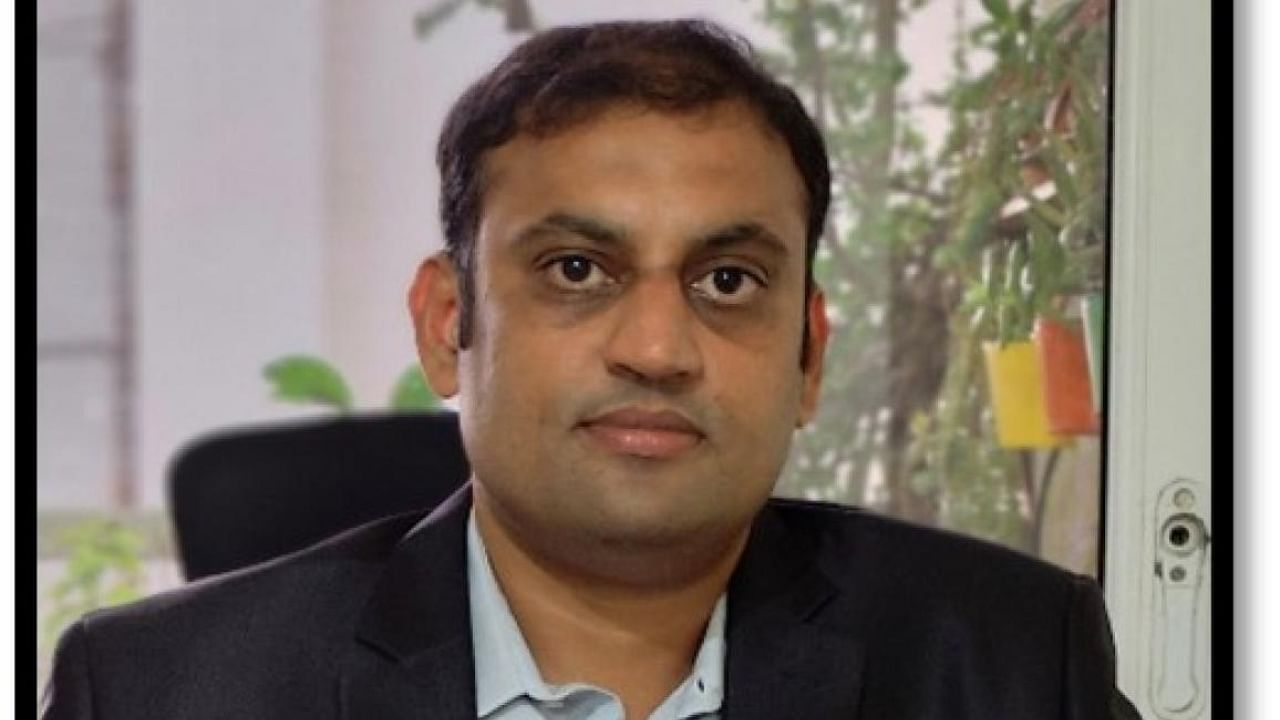
Unmanned aerial vehicles or drones are being used for everything from surveillance to photography these days. Sarath Chandra Gudlavalleti, who recently took the helm of RattanIndia’s drone business NeoSky India, told DH’s Lavpreet Kaur how it plans to chase its dream of becoming the leader of India’s drone market. Edited excerpts.
What is driving India’s drone industry?
If you look at the momentum, it started with a lot of push from the government in terms of policies because this is one of those industries which is close to being regulated a while back, slowly it’s moving out of that. If you talk about the Budget this year, then the PLI schemes and multiple other new initiatives, this new logistics policy etc, they have been very progressive. They’ve all been very positive for the industry. If you look at drones per say, you have a design element to it, you have a hardware element to it. You have a software AI visioning element to it. And that’s where sort of the valuation comes in. If you start breaking them into it, if you look at software, I think there’s no better country than India, right, in terms of what we have done.
Also Read: Navy to induct India's 1st passenger drone
What is your outlook for the drone sector?
It will be getting close to about $50 billion over the next 15 years. And as (far as) the projections by 2030 (go), it’s possible that 25% of the entire global drones is… shipped out of India. So these are very interesting and amazing trends that you normally don’t see in the industry, pretty early in their evolution.
Could you elaborate on its growing relevance?
Drone Industry growth is not confined to only one segment of the industry. As per the industry estimates, we are likely to see massive growth across all the key segments.. Defence industry is driven by modernisation of the armed forces and the need to use technology to mitigate future threats. Enterprise drones have multiple use cases like surveillance, infrastructure survey, land mapping, agriculture, logistics and many more. Consumer category is driven by professionals and amateurs with many uses like covering events, hobby, leisure, education amongst others. Drones have been adopted across industries and they are making a huge difference wherever they have been used and it is just the beginning. So it’s definitely evolving fast.
Tell us how the armed forces will benefit from using your new drone.
The biggest challenge facing today’s world is unauthorised entry into protected spaces. While there are multiple ways to solve this problem technologically, one of the most effective methods is the “soft kill” approach. Defender is an anti-drone system that locks, tracks, and neutralises rogue drones that enter unauthorised spaces. It is fast, sharp, and AI-enabled, making it an ideal solution for mitigating the risks that our armed forces face today. We are excited about how Defender can empower our armed forces.
When will you deliver these drones?
We’re hoping that starting Q4 of this financial year will start our deliveries.
You mentioned the PLI and the Budget announcements to promote this sector. What else would you like to see?
Now the ball game basically is in the hands of the ecosystem to start looking at this and then building the right products for the Indian market and eventually outside of India. India should not be making for India, but India should be making for the world and that is the path in which it should go. A decent chunk of all that is with us in the country. We’ve done that in software. We’ve done that in SaaS products and multiple other categories. So, we strongly believe drones is one category where you would see an Indian company not just making products and services for India, but many other markets outside of India.
Where does NeoSky see itself in India’s drone space?
Neosky’s ambition is to just be a full-line drone player. So we looked at multiple segments. So we looked at enterprise drones, defence drones, consumer drones and drones as a service. We’re looking at each of these segments and then many others also. But these are the broad segments. We strongly think each of these segments are fairly big in themselves and we see a lot of traction in these three segments and we want to be a full-line player, number one.
Tell us more about the drone-as-a-service model.
There are broadly two kinds of enterprise drone users, those who want to purchase a drone and others who want a drone service to help them solve a challenge that they are facing. Drone services are customisable and can address multiple industries. Drone services cover multiple use cases like surveys and mapping. Drones are becoming the default option in many sectors like infrastructure survey, surveillance, agriculture, logistics services and many more. The drone services industry is evolving very fast and expanding at a very quick pace.
So, the future is bright?
There are many use cases and consumer drones will catch up as we get to the year of 2023 and 2024. A lot of people are waiting to have a drone in their hand for their leisure, for their travel, for covering some events. That segment is still sort of untapped, all this will boom. I think the next decade is the decade of drones.